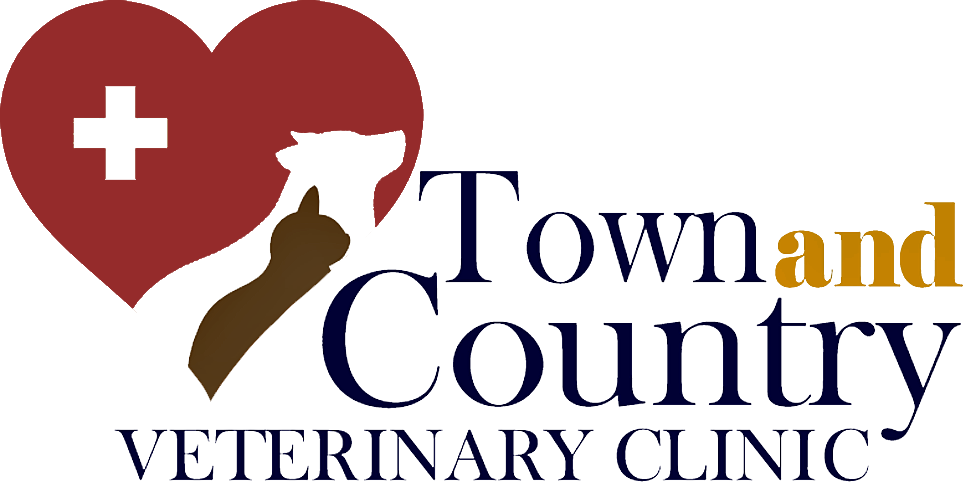Bringing home a new pet is exciting and scary, along with tons of other emotions. When it comes to puppies, one of the fears most shared by new puppy owners is “how do I make sure my dog will behave?” The fear of the unknown, especially as it relates to our puppy’s behavior in public in situations such as: when new company is over for a visit, at the dog park, when walking Sam around the neighborhood etc. There is a very simple solution to our woo’s, and its best not to over complicate matters. The answer is something that we can all master, that is socialization!
But, just what does socializing my puppy mean? In short, it’s making sure that our puppies have as much exposure to outside stimulation as possible during critical points within their lives. It makes them feel comfortable when things are not quite “normal” or exactly routine. The critical period for proper puppy socialization is within the first 3-16 weeks of life.
If we look at this time in seperate sections, the first (and most critical) is that your puppy should stay with its mom and siblings until they reach 8 weeks of age. The mother provides comfort, nutrition, and nurturing while the siblings teach the new pup about how to play and interact with other dogs. If puppies are removed before this time frame, it can lead to negative behaviors such as excessive barking, fearfulness on walks, reactivity to noises, toy possessiveness, food passiveness, and other attention-seeking behaviors.
After 8 weeks of age, the puppy begins seeking interactions with people. It is important to expose them to as many different environments as possible. When planning these adventures, think about what they may experience within their lives, and try to replicate that with them during this period. You may not have children, but bring them around children for play dates. Expose them to loud noises, people with canes, wheelchairs etc.
One of the questions that I am asked most often when it comes to this topic is around puppies not being fully vaccinated yet. Won’t my new puppy get sick from being exposed? Aren’t they supposed to have all of their vaccinations before they get out? Unfortunately, if we were to wait until they have all of their vaccinations it would put the puppy past the 16 week mark. I always tell my clients there are safe ways in which to expose their puppies to all of these environments. First, you should seek out family and friends who have well vaccinated animals and let them interact with them in either their homes or yours. This will give them an environment that provides the elements that they need to grow, but yet is safe and controlled. Make sure to not let them play in places that the cleanliness of the environment is in question. Once the puppy has received a couple vaccines it would be ok to allow them to attend puppy classes. This advice is given with the condition that the place(s) that you bring your puppy is well known and that ALL puppies in the environment have been vaccinated and dewormed, and that the facility is clean.
Another important aspect is to make sure that training is always positive. A positive, happy environment with positive reinforcement such as rewards, treats, and praise is best when trying to raise your puppy and also contributes to their socialization. Negative reinforcement can cause fear, and puppies are very sensitive at the early ages we are discussing today, and they will remember these negative reinforcements. This memory can backfire, and turn into more negative behaviors (like the ones that you are trying to train them away from). You want them to be exposed to these new environments but don’t overly force them into certain situations. It’s important to remember that, like a new child, the puppy needs a lot of love, attention, and patience.
In this post we have focused on the very young pets. What should you do if you either adopt or bring home an older pet? In this scenario, it is important to make the right choice in selecting that pet. Environment that the pet is coming into, and the temperament and socialization level of the pet must be considered as the pet will be less flexible. Now, don’t fret. What they say is true, you can teach an old dog new tricks, and they can still be taught new things. Some of the same concepts that we discussed earlier will work on older dogs too. It just may take a little longer. Positive reinforcement and rewards, along with lots of love attention and yes, patience will pay off dividends when counteracting bad behaviors that were learned prior to coming home with you.
Lastly, more of what I do on a daily basis is making sure pets are healthy. They need good nutrition, exercise-which includes a lot of play time, and most importantly, consistent and proper veterinary care. This care includes regularly scheduled checkups either on a yearly or twice yearly basis as they age. This care includes, but is by far not limited to, vaccinations, blood screenings, and other laboratory testing throughout their life. Oral care is very important as well. Studies in both humans and pets conclude that regular preventative dental cleaning, and care can increase life expectancy for at least 3 years. Living in South Louisiana, heartworm and flea prevention is absolutely critical for a longer life. Heartworms can cause heart failure within a couple of years. Even if your pets are inside, they are still prone to mosquitoes biting them, leading to health issues.
